Lately, I’ve been super interested in measuring water activity. I’m considering building a DIY water-activity meter. This week, I tried dehydrated store-bought pickles, since I’d like to have a savory dehydrated snack for people. It came out crazy salty and sweet, but I may keep going with the experiments.
Combining my interest in salt with pickles and water activity, I began to wonder: how much does salt lower water activity?
Now it has to be said: water activity alone doesn’t determine shelf life. The other two major factors are pH and salinity (and of course the temperature at which the food is stored.) There’s a shelf-life synergistic effect of the three: water activity + pH + Salinity. I became curious as to how much salt (as Sodium Chloride) might lower water activity. I found UC-Davis has published the data! I normalized the data a bit more for my curiosity-purposes and charted it below. (once again: picture is worth a thousand words!)
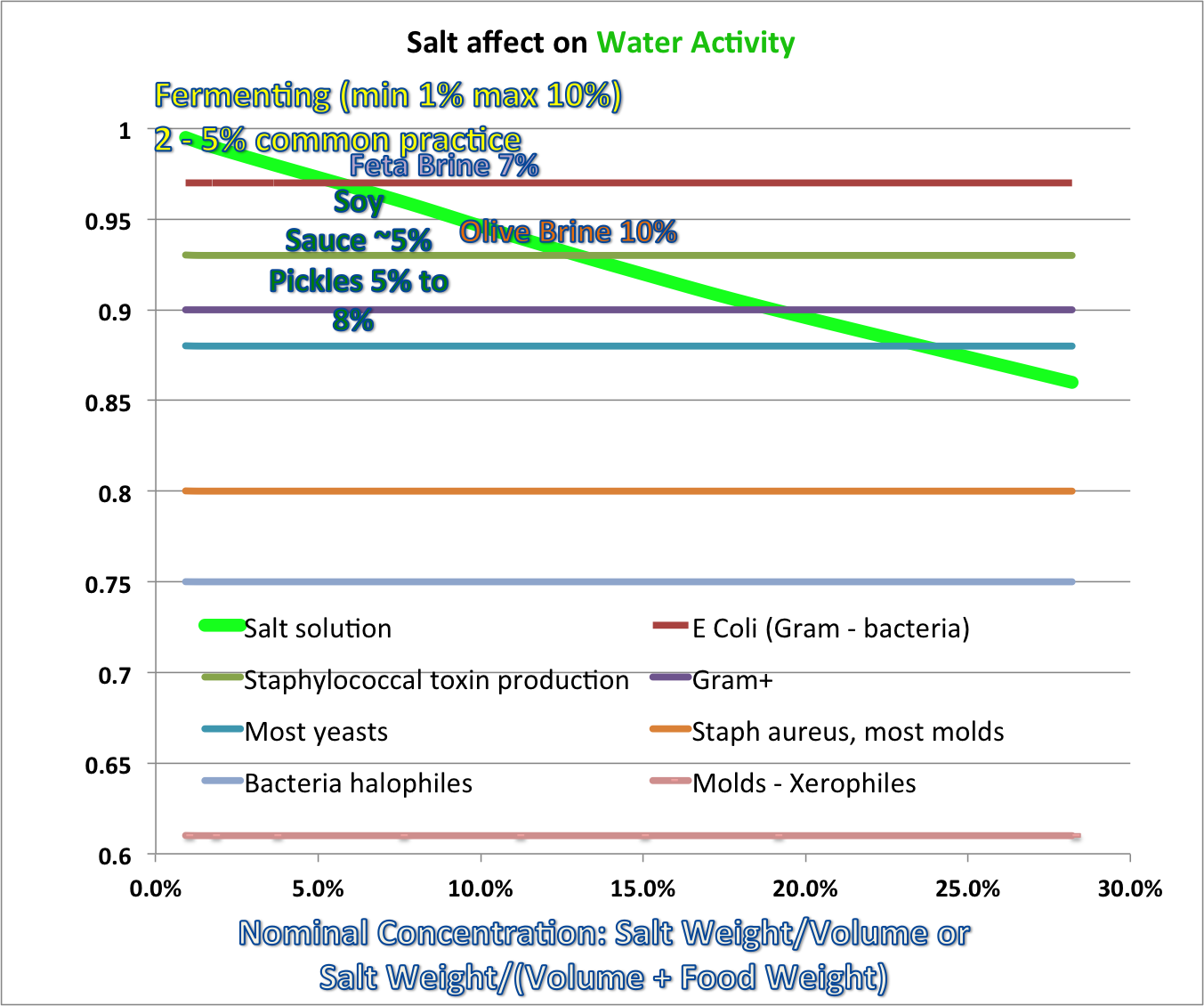
Summary: I found that water can only hold a maximum of “26% to 28%” salt (assuming wikipedia is weight/volume water.) So this equates to a solution maximum reduced water activity down to 0.86 Aw. Not taking into account the tremendous osmotic pressure of salt at this concentration, the lowered water activity alone can prevent most yeasts from growing. Interesting!
Water Activity meter (Shortened as “Aw” and sometimes pronounced: Ay-double-u, not “Awwww shucks”)
As far as I know, nobody has ever made a DIY Water-Activity Meter. These analytical devices cost about $3000 to $5000 dollars. The very cheapest is $500, from slightly unreliable internet sources where you may be throwing away $500. The prices of such devices (that rhymes!) are prohibitively expensive for most small food vendors. So I figured I’d try to build one! Perhaps I can even sell the budget device to small vendors trying to better understand their product and improve their process control and ultimately: improved food safety for everyone. And if I feel really generous, I can open-source the hardware and software for the hard-core tinkerers. Probably, I will find these devices are expensive for a reason (the components are costly.) I hope it will be an educational exercise and I’ll end up with a useful prototype.
While I am initially curious about salt and Aw, sugar is likely more relevant, since sugar as a preservative by itself is often relied on for many foods such as honey, maple syrup, etc. Although in these food cases, a water activity meter is not very much necessary, since “Brix” (a measurement of dissolved solids in water) is a suitable gauge and can substitute in place of water activity for process control. (Brix meters are much less expensive: less than $50.) When the food is a solid, then a water activity meter becomes very important and useful.
(for a quick summary on food preservation: here's one of my prior newsletters.)
There’s only so much salt that can be added to food if you were just trying to lower water activity, however, adding loads of salt was done before refrigeration, especially on ships. Salting fish for preservation is an ancient practice. If you’re willing to wash out the salted food prior to eating, it’s a very effective food preservation method! Yet foods loaded with sugar, which have low water activity, requires no removal of the sugar. We can’t get enough sugar!!! (to our diabetic dismay.) I’ll have to include a chart of sucrose and Aw in a future newsletter.
There can be a bit of confusion around the salt concentration in recipes. I call it “nominal” salt concentration since the quantity of salt being included in the denominator is not totally necessary and is often left out, but to be accurate and precise, the salt quantity should be included in the denominator.
Some salt biology terms:
1. “Osmotic pressure”: high osmotic pressure from high concentration of salt: (and lowering of Aw) draws water out of the food and microorganisms to the salty-solution.
2. “Plasmolysis”: bacteria and microorganisms RUPTURED by high salt concentrations. I wonder how this looks on a microscope? Might they shrivel and crack?
References and interesting salt-related/brine-related links:
Salting food:
https://foodinjars.com/blog/salt-preserving-february-mastery-challenge/
https://www.verywellhealth.com/eat-it-with-a-grain-of-salt-1958878
https://en.wikipedia.org/wiki/Saline_water
Pickles:
https://www.healthygreenkitchen.com/are-pickles-fermented/
https://revolutionfermentation.com/en/blogs/fermented-vegetables/salt-brine-fermenting-vegetables/
https://preserveandpickle.com/pickling-brine-calculator/
Fish Brine:
https://www.epicurious.com/recipes/food/views/fish-brine-51170430
Fish brine recipe:
1900mL lukewarm water; 5 tablespoons salt
1 tsp = 6.1g; 1 tablespoon = 3 teaspoons
6.1 x 3 = 18.3 grams per tablespoon x 5 tablespoons = 91.5grams salt per 1900mL water (for fish brine)
Other salt factoids:
1. Garlic salt & Black garlic salt: I’ve seen McCormick, the mega-spice company, has made a “black garlic salt”, which I tried and is terrible: has no black garlic flavor. I’m not a garlic salt fan (might as well just have garlic powder and salt? I find garlic salt cakes up.)
2. Commercially fermented pickles use a salt ratio between 5% and 8% with an apparent sweet spot (or salty-spot?) at 6%.
3. At home fermented cucumbers can be accomplished with just 3.5% salt.
4. Medium sized whole cucumbers: around 5% of the combined weight of water and produce.
5. Lacto-ferment small cucumbers like gherkins or cut-cucumbers: a lighter brine is sometimes recommended (<5%) to avoid tasting too salty.
6. Low molecular weight (eg Sodium vs Calcium) sodium chloride will have more osmotic pressure than higher molecule weight calcium chloride.
7. Some brines say total weight should include the food you’re pickling the total weight. (eg: pickles weight + liquid = total weight)
https://fermenting.studio/resources/make-the-best-fermentation-brine/
Brine nominal salt concentrations:
Fermentations: minimum 1%, 2-5% common; 10% max: very salty.
Soy Sauce about 5%
Fish Brines 5-6% (20-30 minutes prior to cooking)
Pickles: 3.5% to 8%
Feta Brine: 7%
Olive Brine 10%
For previous newsletters, click here
1b. What's new?!?
By request: variety bag! Red apples, green apples, and pears! Three in one!
1. USA Gala, Red Delicious, Granny Smith Apples, with and without Cinnamon-Spice!
2. Yellow nectarines! They're tart and slightly chewy, with notes of apricot and peach!
3. D'Anjou pears! Chewy and naturally sweet! Nature's healthy candy!
4. BLACK GARLIC!
iii. K9 Bros Chicken, Heart, Liver, Sweet Potato and... SALMON TREATS!
Bring your doggie for a free sample!
Salmon Oil omega-3 nutritional supplements for your doggie! Supports healthy coat, skin, brain, and circulatory system. Limited supply!
2. When to see moi next?
Answer: This weekend!
President's Day Sale
at
Public Lands!
When to see me and Mr. Mel?
Answer: this Saturday, Sunday and Monday Feb 18th, 19th and 20th, 2023 from noon 'till 5pm!
Here's my full winter/indoors schedule:
|
Saturdays |
Sundays |
|
| This weekend! |
Dick's Sporting Goods / Public Lands
Feb 18 Noon to 5pm |
Dick's Sporting Goods / Public Lands
Feb 19 AND Monday Feb 20th Noon to 5pm |
| Next time in one week: |
Feb 25 |
Feb 26 |
|
Bi-weekly thereafter (every 2 weeks) |
Mar 11 Mar 25 |
Mar 12 Mar 26 |
More info & directions:
Glen Cove-Deep Roots Farmers Market Facebook Page
Huntington Farmers Market Directions

3. Deals!
Subscription direct to your door!
If you can’t come to my products, make my products come to you!
Subscribe and Save! 5% off and free shipping on qualifying orders!
Shameless plugs
Fresh dried fruit is a weight loss cure!
(this statement that has not been substantiated by any scientific study... but no sugar added dried apples and pears can't be bad!)
No sugar added! Slow and low temperature dehydrated to preserve vitamins, antioxidants, and flavors!
(compare to other brands apple chips which are high-temperature baked)
1) Red Apples!
2) Green Apples!
3) Pears!
4) Nectarines!
5) Black Garlic!
6) Bubbles!
K9) Bros! Woof!
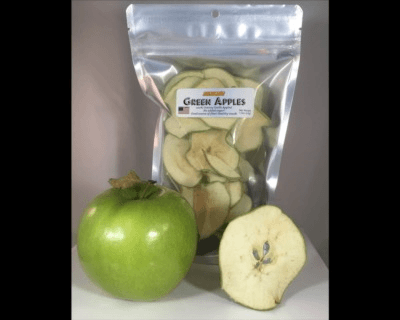
Conclusion:
Hypothesis: I will see you this Saturday, Sunday, or Monday! 😃
Null hypothesis: I will not see you this weekend 😭
Conclusion: Not sure! Let's see!
Website coupon! 10% off with coupon code "grand opening"
![]()
★ k9bros.com ★
☆ gourmet-magic ☆
★ bubble-science ★





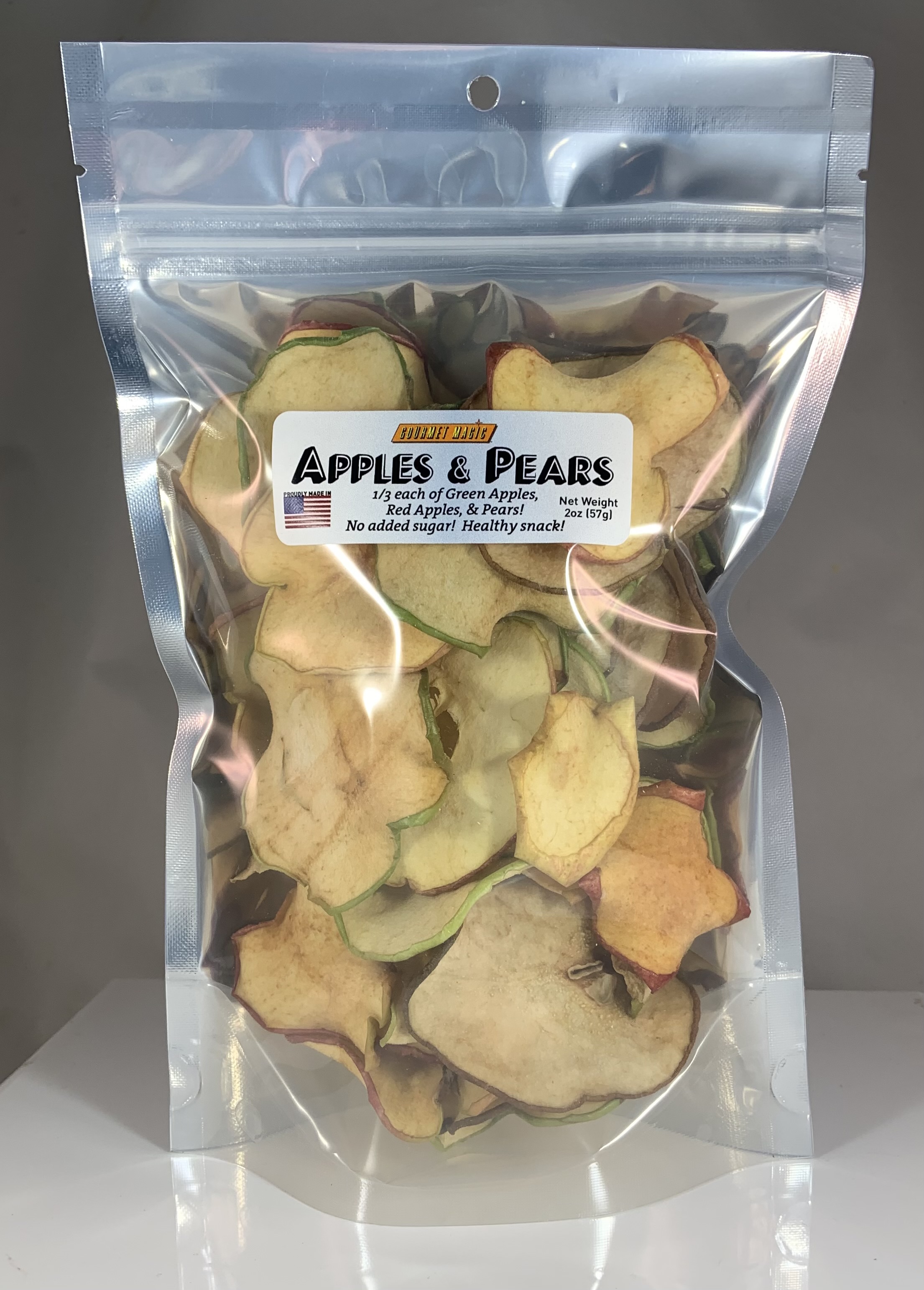
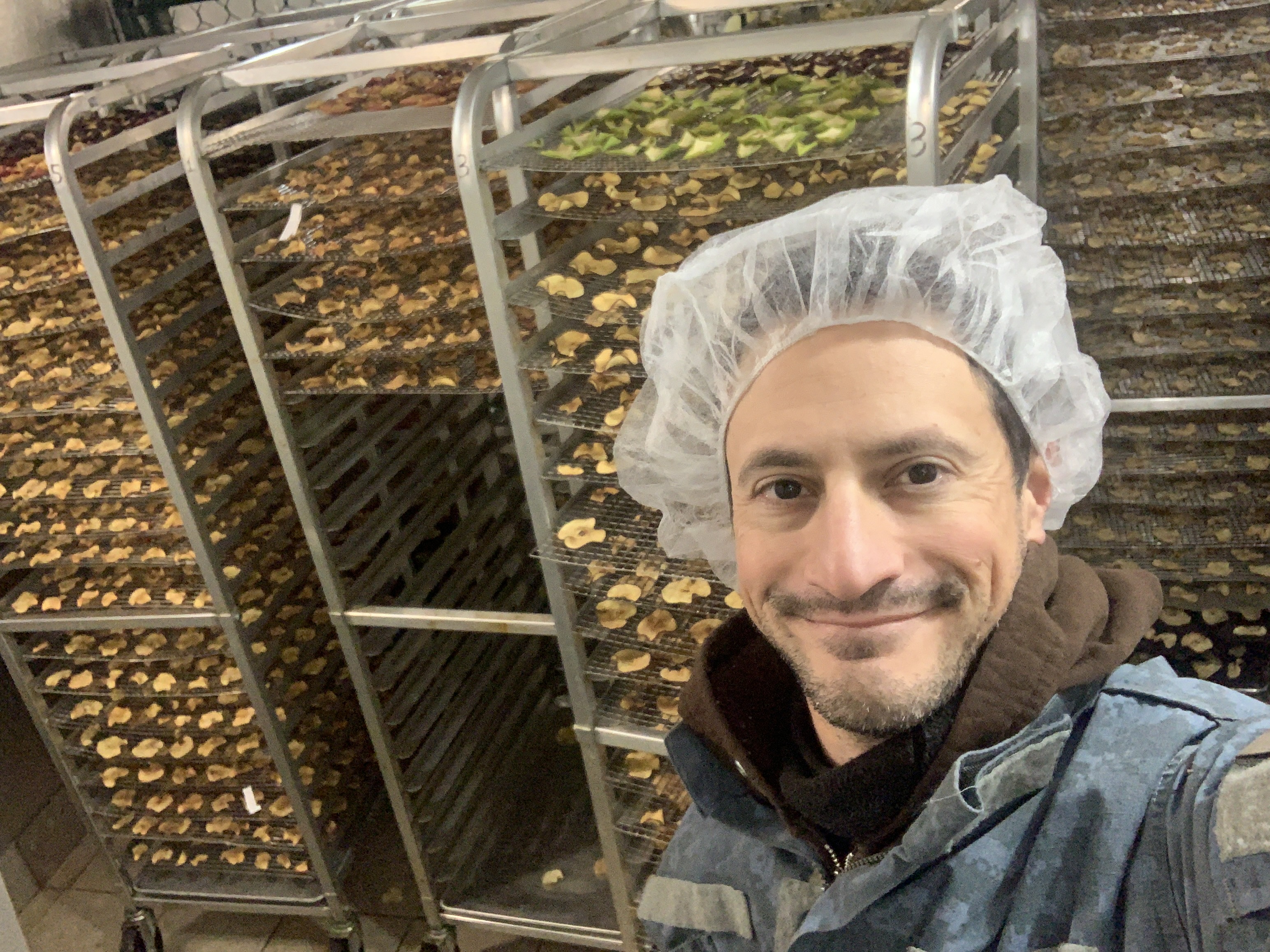
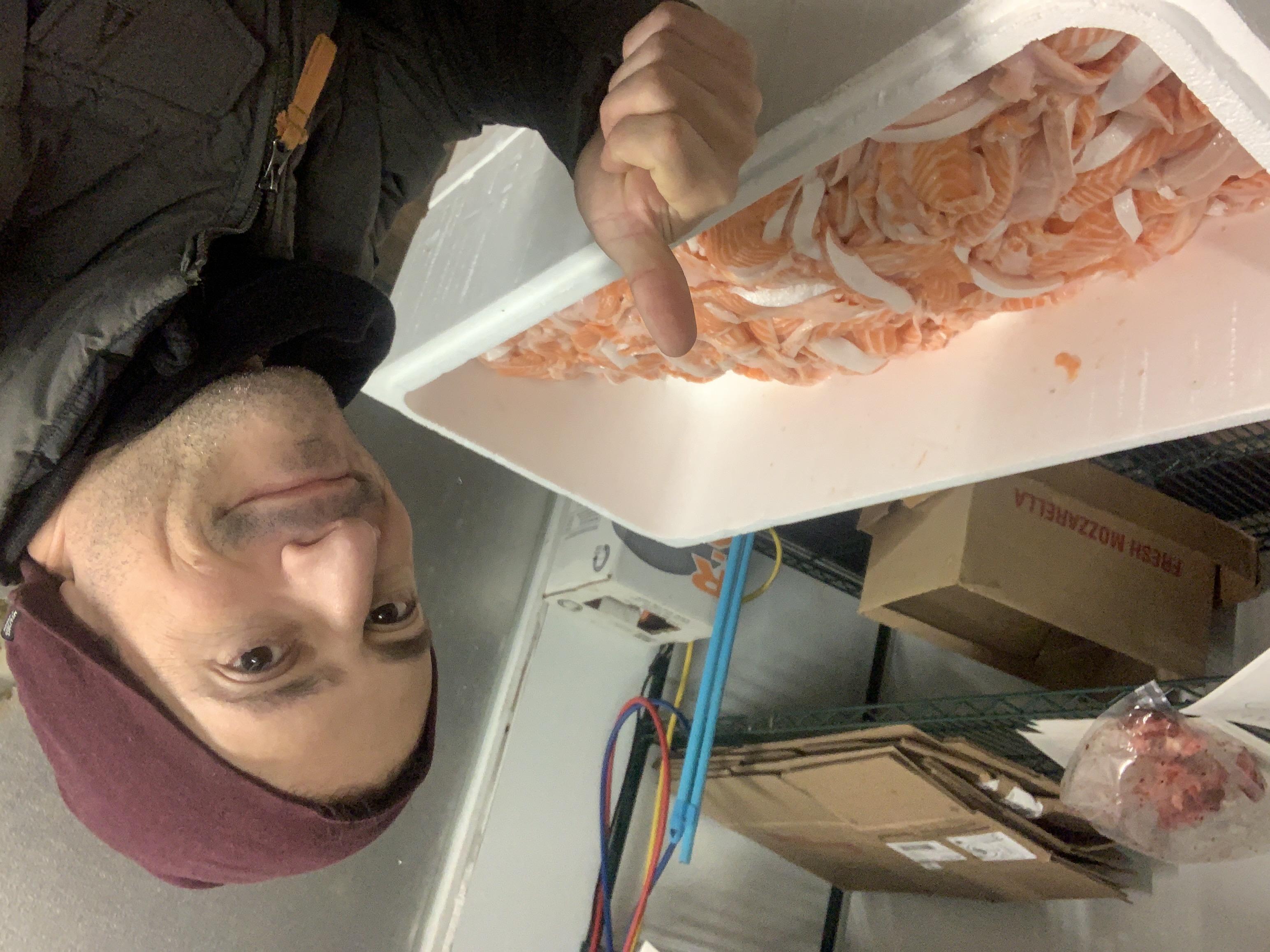
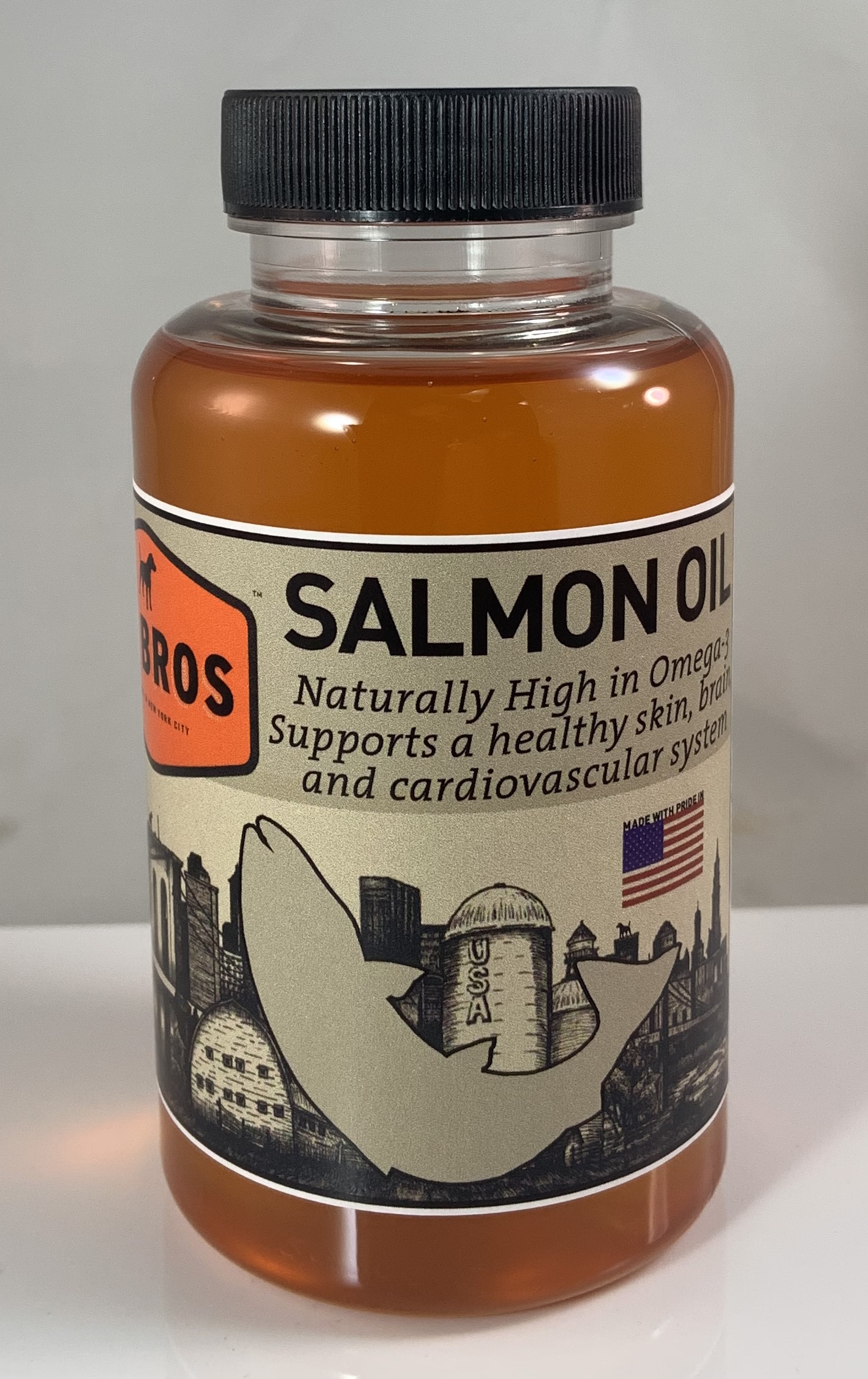

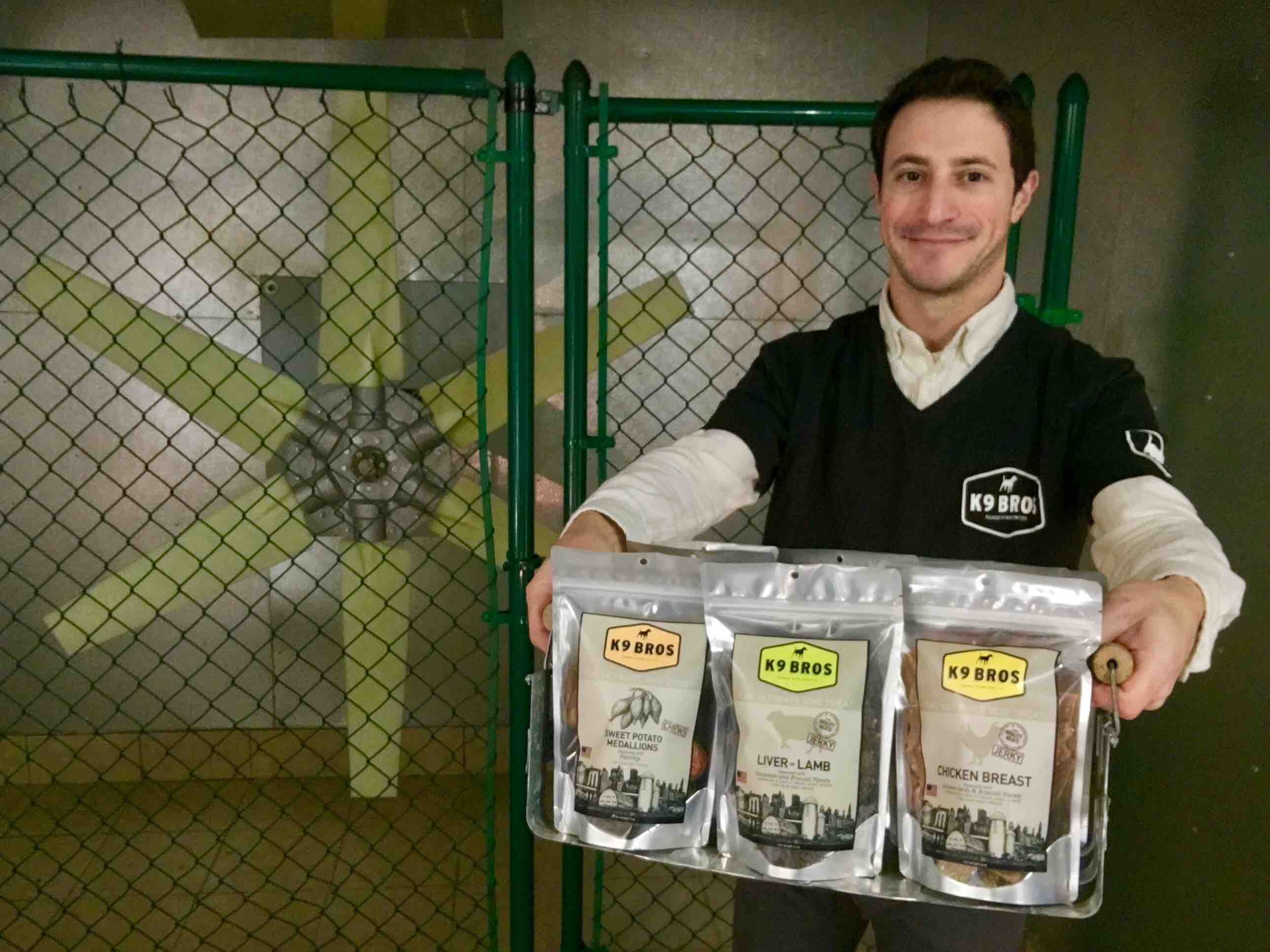
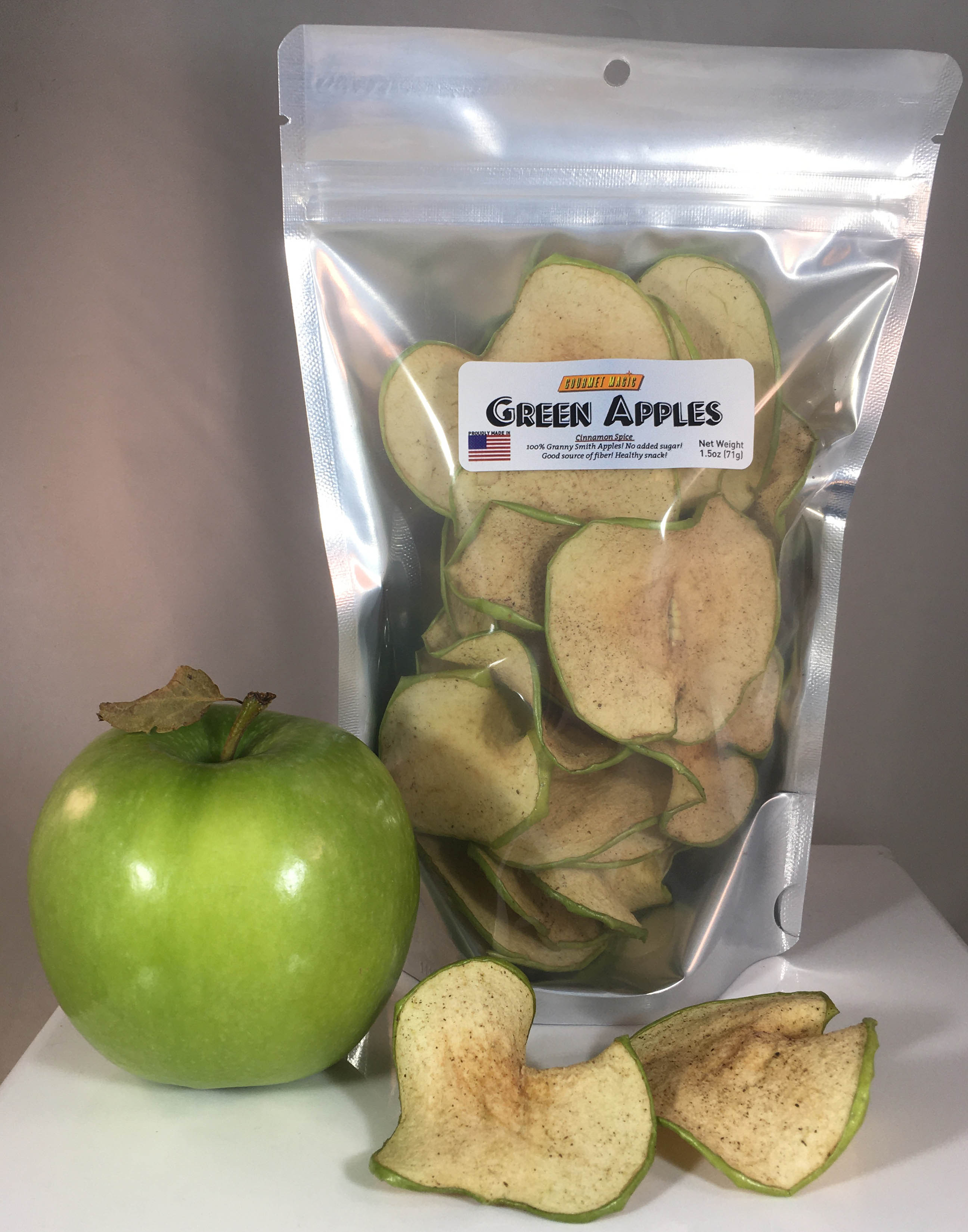


.png)